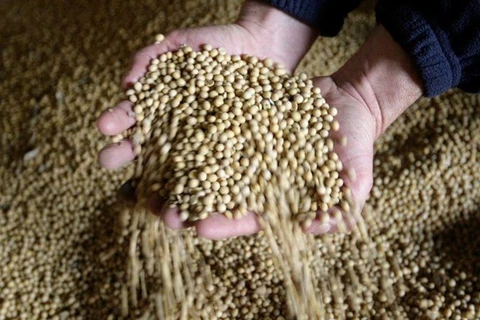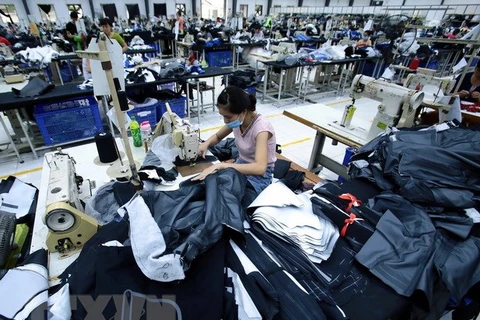Hanoi (VNA) - The Southern Common Market (MERCOSUR) celebrated its 30th anniversary on March 26. The treaty set out the basic principles for an ambitious model of integration, aimed at establishing a common market, with free circulation of goods, services, capital and people, and adopting a common trade policy, coupled with macroeconomic coordination and legal harmonisation.
Throughout the years, the integration process went beyond the economic realm and made significant strides in areas such as education, culture, human rights, science and technology, justice, public security and social services, among others. That has required the building of sound institutions, which included the creation of a regional Parliament.
The 30th anniversary marked the launching of MERCOSUR’s Citizenship Statute, a landmark document that consolidates rights related to freedom of movement, Cross-Border Integration, education, labor, social security, consular services, transport, communications, consumer protection and political participation.
Currently, MERCOSUR is going through a modernisation process with the intention of deepening the bloc’s integration to the global economy. In 2019, MERCOSUR’s GDP accounted for 69.2 percent of South America’s GDP and was the 8th largest GDP in the world, amounting to 2.38 trillion USD. MERCOSUR is seeking to tap into the potential of external partnerships, including the Association of Southeast Asian Nations (ASEAN) and Vietnam.
MERCOSUR and ASEAN’s Foreign Ministers held two Ministerial Meetings, in 2008 and 2017. The total two-way trade between ASEAN and MERCOSUR reached 28.23 billion USD in 2019, while the foreign direct investment (FDI) inflow from MERCOSUR to ASEAN accounted for 17.46 million USD.
Within ASEAN, trade data shows that Vietnam is a preferred partner of MERCOSUR countries. Having experienced strong growth in the past decade, the trade flow between MERCOSUR and Vietnam has surpassed the 8-billion-USD mark in both 2019 and 2020, accounting for almost a third of the total trade flow between MERCOSUR and ASEAN.
As a bloc, MERCOSUR is the 11th largest trading partner of Vietnam. Notwithstanding the progress already achieved in commercial relations, there remained untapped opportunities for growth. Trade and cooperation in sectors such as agricultural and industrial machines, food and beverages, telecommunications and hospitality are still beyond its potential. Furthermore, there is also tremendous room for growth in investments and technological cooperation, which could further spur trade opportunities.
In 2020, MERCOSUR has concluded an exploratory dialogue with Vietnam, with a view to eventually launching negotiations for a free trade agreement. An agreement would encourage other initiatives, private and public, which would additionally strengthen economic, political and cultural relations between the countries.
As Ambassadors of MERCOSUR countries, including Ambassador of the Argentine Republic Luis Pablo María Beltramino, Ambassador of the Federative Republic of Brazil Fernando Apparicio da Silva, Ambassador of the Republic of Paraguay Raúl Florentín-Antola, and Chargé d’Affaires of the Oriental Republic of Uruguay Raúl Silveira, we are pleased to take stock, at the occasion of the 30th anniversary of the bloc, of the common gains already made in the relations with Vietnam and enthusiastic about the future of our partnership./.






















